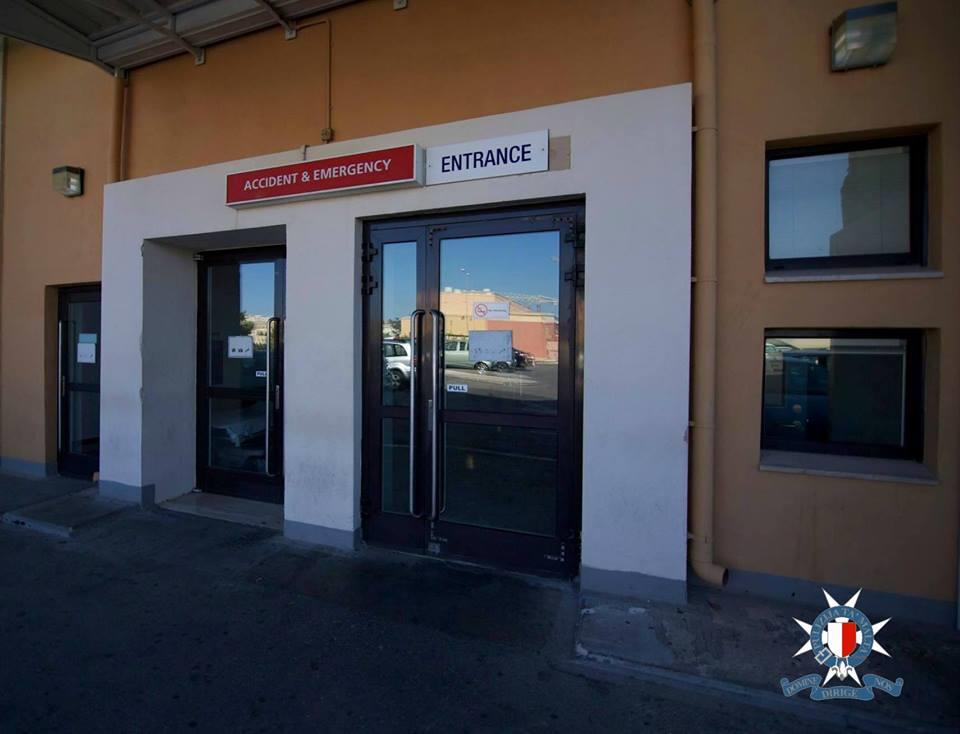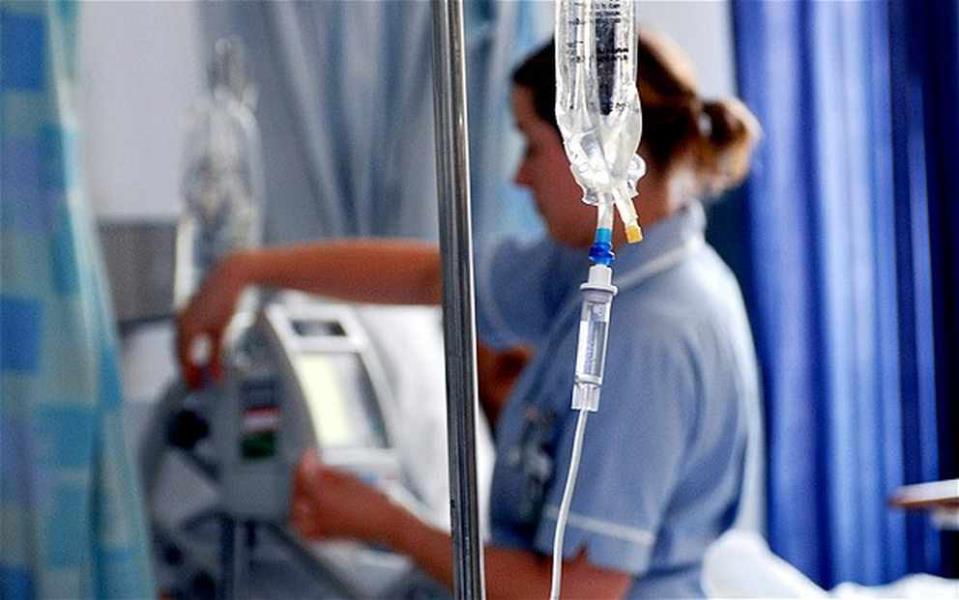Many patients with minor conditions are still turning to Mater Dei Hospital’s Accident and Emergency Department for treatment instead of health centres, which is putting a lot of pressure on doctors, the president of the Medical Association of Malta Dr Gordon Caruana Dingli said.
Speaking to The Malta Independent, Dr Caruana Dingli – who is also a surgeon at the hospital – said that such minor conditions can easily be dealt with by health centres or general practitioners.
He explained that the A&E Department at Mater Dei is sandwiched between two problems.
“On the one hand there are a large number of patients attending Casualty that could be dealt with by General Practitioners (GP) and Health Centres. On the other hand there are times when there is a lack of available beds in the hospital and patients stagnate in the Emergency Department until beds are available.

“In addition to this, the population in Malta is increasing steadily, with legal and illegal immigrants, new residents and an ever-increasing number of tourists, leading to greater demands on the department especially as many of these people might not know how to access a GP,” he said.
This newsroom sent questions to Dr Caruana Dingli after doctors who spoke to this newsroom complained about severe pressure they are facing as a result of the influx of patients visiting casualty. This newsroom is also informed that a number of doctors are highly concerned over the fact that they can end up being sued by patients since the pressure they are facing has reached a new high.
On this point, Dr Caruana Dingli explained that EU legislation, which was transcribed into local law, makes it obligatory for all practising doctors to have indemnity insurance.
But he said that doctors are not just concerned over the financial aspect of being sued.
“Doctors are always concerned about giving the best possible standard of care to an individual patient and also that the patient feels that he is receiving the best possible care.

“Young inexperienced doctors may feel exposed when they are dealing with complex cases in an acute environment and it is very important for them to be effectively supervised. These young doctors should feel confident of having access to senior help at all times.
“Also, being sued by a patient can be a harrowing experience when a doctor can face many years of legal procedures,” Dr Caruana Dingli said.
Tackling pressures
Asked what he feels can be done ease the pressure on doctors, Dr Caruana Dingli said that reducing the numbers of patients visiting the emergency department for minor conditions and alleviating the bed space issue will lessen the pressure.
“The pressure on doctors will be reduced if more senior doctors are engaged at the Emergency Department,” he said.
“Strengthening primary health services will make health centres more attractive to patients especially since such centres are usually closer to where they live. Although these problems are being addressed more doctors are needed to man the health centres, he continued.

When asked whether he feels recent strategies implemented at the hospital to deal with such pressure have worked, Dr Caruana Dingli said: “The Emergency Department was recently remodelled to make more space for patient cubicles and to improve the work flow. There are also changes in working practices and tracking of patients to identify delays which have improved the Emergency Department.”
Doctors still seeking new pastures abroad?
On the fact that at one point in time many local highly skilled doctors were seeking new pastures in foreign countries, he said that it is healthy to have an exchange of Maltese doctors going abroad and foreign doctors coming to Malta.

“The Maltese MD is recognised all over Europe and it is much easier for doctors to find a job abroad than it was in the past. The number of medical students has increased dramatically over the last five years and I envisage a time when the number of Maltese doctors leaving to work abroad will increase.
“Some years ago there was a dramatic ‘brain drain’ of Maltese doctors but this was reversed when the Foundation programme was introduced for newly qualified doctors.
“This has been so successful that not only are less Maltese newly qualified doctors going abroad but also many foreign doctors, including those from the UK, find Malta an attractive place to work in. “The amount of foreign doctors who apply for these posts is regularly more than the posts available,” Dr Caruana Dingli said.